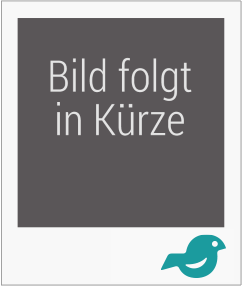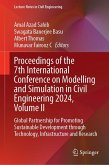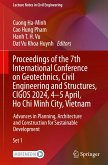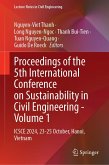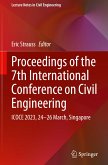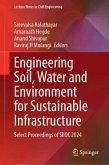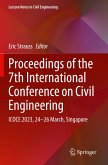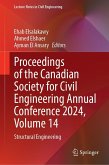This book offers a comprehensive exploration of the critical issues surrounding the sustainable development goals outlined by the United Nations SDG 6: Clean water and sanitation and SDG 13: Climate action, delving into the multifaceted challenges and innovative solutions that define these vital fields. Through a blend of scholarly analysis, case studies, and practical insights, this book provides a holistic understanding of the complex interplay between water resource management, sanitation infrastructure, and the transformative potential of civil engineering in fostering climate resilience and sustainability. It examines the global water crisis, highlighting disparities in access to clean water and sanitation services while exploring the socioeconomic, environmental, and health implications of inadequate water and sanitation provision.
Drawing upon the expertise of leading experts in the field of civil engineering, environmental science and engineering, public health, and policy, this book elucidates the role of technology, governance, and community engagement in advancing the SDG 6 and SDG 13 agenda. It showcases innovative approaches to water treatment, wastewater management, and sanitation solutions, spotlighting best practices and lessons learned from diverse contexts around the world. Additionally, the book underscores the interconnectedness of water and sanitation with other sustainable development goals, emphasizing the importance of integrated approaches and interdisciplinary collaboration. By providing a roadmap for effective climate action, grounded in science, innovation, and collaboration, this book also aims to empower civil engineers to become catalysts for positive change in the fight against climate change.
Drawing upon the expertise of leading experts in the field of civil engineering, environmental science and engineering, public health, and policy, this book elucidates the role of technology, governance, and community engagement in advancing the SDG 6 and SDG 13 agenda. It showcases innovative approaches to water treatment, wastewater management, and sanitation solutions, spotlighting best practices and lessons learned from diverse contexts around the world. Additionally, the book underscores the interconnectedness of water and sanitation with other sustainable development goals, emphasizing the importance of integrated approaches and interdisciplinary collaboration. By providing a roadmap for effective climate action, grounded in science, innovation, and collaboration, this book also aims to empower civil engineers to become catalysts for positive change in the fight against climate change.

